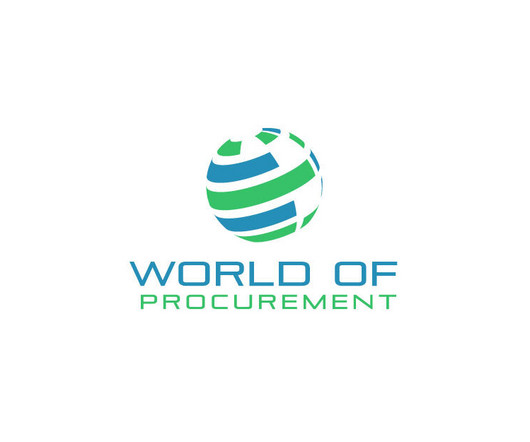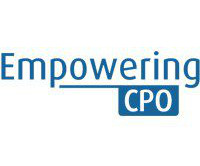Business process management (BPM) examples
IBM Supply Chain Blog
APRIL 4, 2024
Business Process Management (BPM) is a systematic approach to managing and streamlining business processes. BPM is intended to help improve the efficiency of existing processes, with the goal of increasing productivity and overall business performance. BPM is often confused with other seemingly similar initiatives.











Let's personalize your content